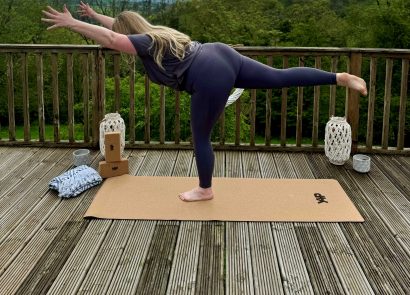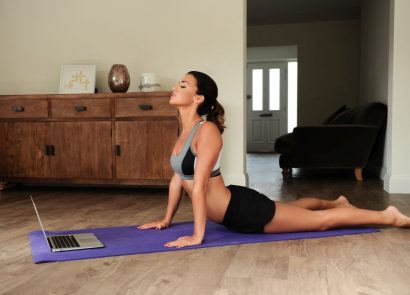Are you constantly measuring steps, calories, heartbeats, or all of the above? If so, how do you stop your head from spinning and your brain from having a meltdown? Fitness trackers are great on the one hand, but I think I’d become a little obsessed. I’d have trackers to measure every possible thing and I’d spend each minute checking, re-checking and driving myself crackers with how I think I should be performing.
That’s not to say I’m not impressed with the range of trackers available and what new technology can do. The benefits for prolific exercisers, runners and athletes are huge. These mini wonders have specially built-in sensors that can monitor your heart rate, keep track of how many steps are taken and the different levels of intensity during sessions. They can also measure sleep, or lack of it. It’s remarkable!
Not only that, but they’re a useful tool to help you reflect on fitness goals, monitor progress and generally measure how fit and healthy you are. Some even show how many calories are burned during each session, which is motivation enough for those seeking to lose weight and tone up. M any PTs recommend these nifty gadgets to help clients set reasonable goals by making them realise how little exercise they do in the day.
So just how accurate are they? A 2014 study by the Iowa State University showed that trackers don’t always measure up when it comes to counting the calories, and can show error rates of between nine and 23.5 percent, but this could be partly down to where the tracker is positioned. For example, trackers on shoes measure more movement than ones positioned at hip level. But technology is always making progress and with the invention of the fitness watch, the readings are thought to be more accurate than ever.
Personally, I’m not a fan of logging my every move. If I moved less one day and didn’t burn as many calories, I’d spend the rest of the week beating myself up. Which would put me in a bad mood, drain my energy and make me feel anxious. That’s not to say I wouldn’t be curious about how many steps I’d taken, or how many calories I’d blasted and I must admit they do look rather swish around the wrist! For the fashion-savvy, they come in all styles, there’s even crystal encrusted versions if you want to add a bit of sparkle to your workouts. The verdict? These fitness gadgets can be an aid if treated correctly, and if they help with motivation and general health then maybe they could be the thing to keep us on track!



























